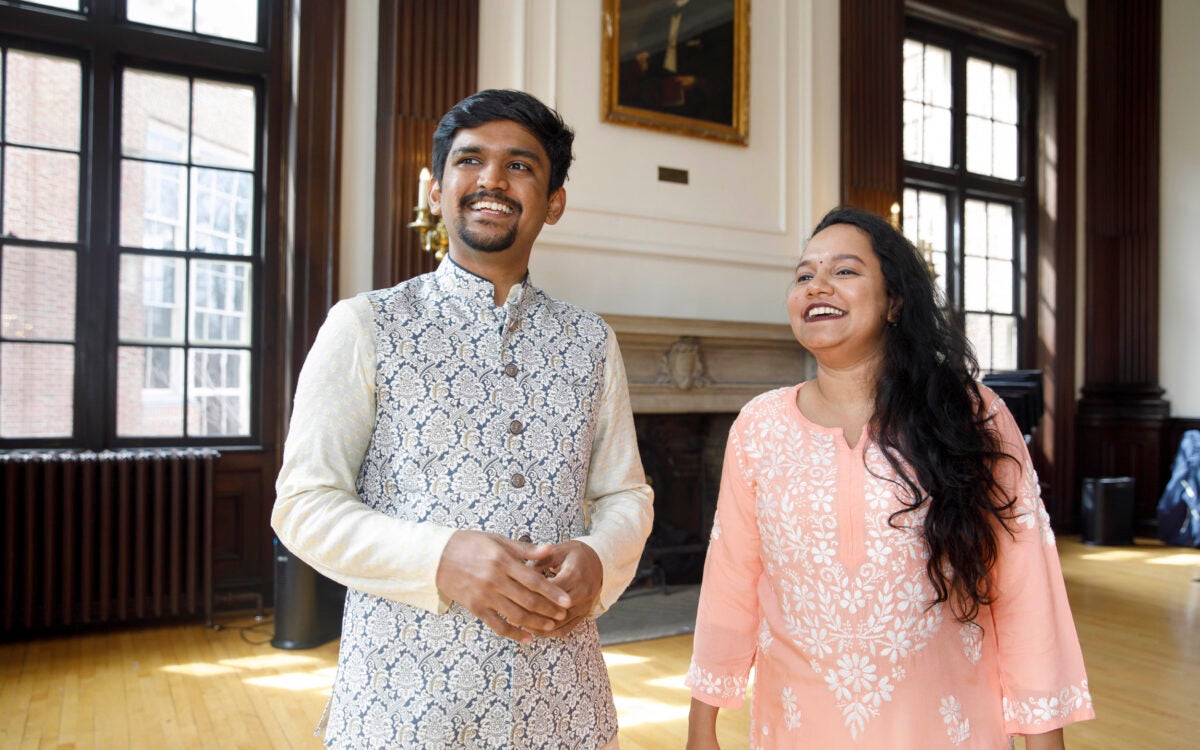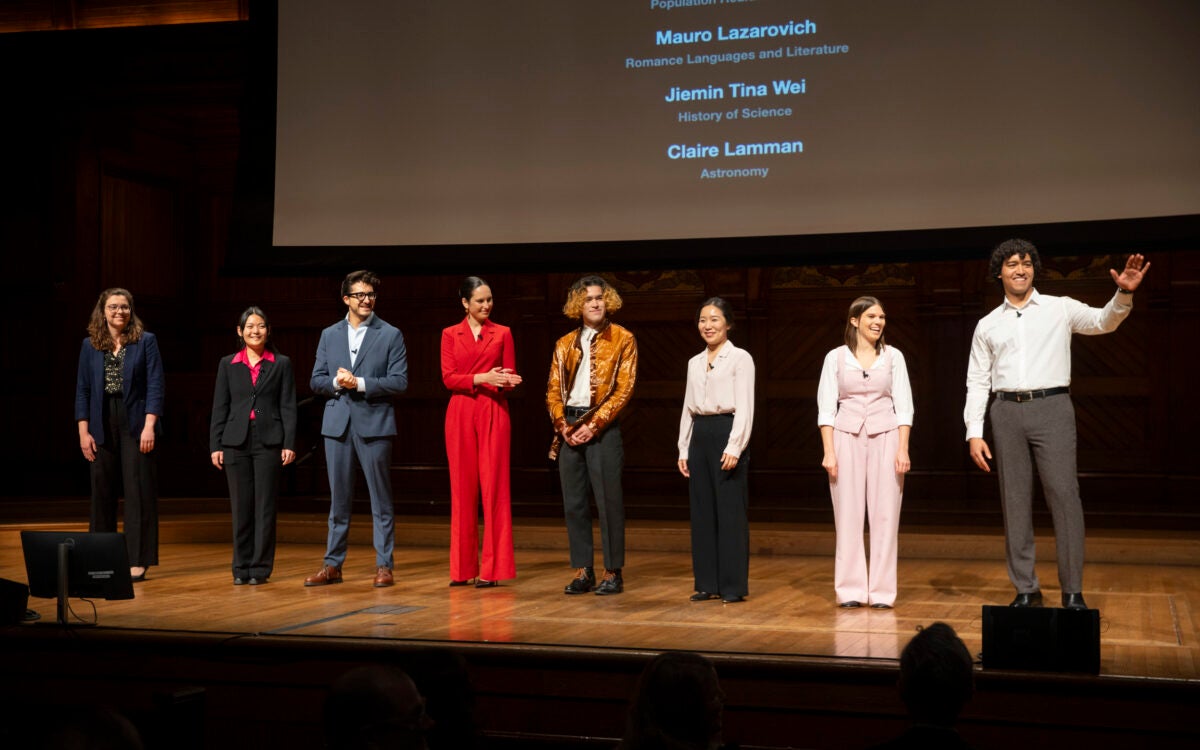Stephen Ansolabehere appointed professor of government at FAS
Stephen Daniel Ansolabehere, an accomplished scholar of American elections, public opinion and voting behavior, has been appointed professor of government in Harvard University’s Faculty of Arts and Sciences (FAS) effective July 1.
Ansolabehere, 45, was previously Elting R. Morison Professor of Political Science at the Massachusetts Institute of Technology (MIT).
“Professor Ansolabehere’s work is characterized by sophisticated methodology and statistical analysis within a theoretical framework,” said David Cutler, dean for the social sciences in FAS. “Beyond his expert use of a variety of methodologies, his exceedingly well-crafted scholarship of American politics and elections is driven by analysis and understanding. He has already made great contributions to the study of American politics, and will be an excellent addition to the Department of Government.”
Using a wide array of methodologies, including formal, statistical, and laboratory experiments, Ansolabehere’s work focuses on studying campaigns, voting behavior, and congressional elections. In his first two books, he examined the impact of the media, particularly negative advertising, on elections.
Ansolabehere collaborated with Roy Behr and Shanto Iyengar on his first book, “The Media Game: American Politics in the Television Age” (Macmillan, 1993). He also wrote his second book with Iyengar, “Going Negative: How Political Advertising Divides and Shrinks the American Electorate” (The Free Press, 1996). Media effects are difficult to measure because exposure to messages is self-selected, but Ansolabehere uses experimental techniques and a study of aggregate turnout to assess the effects of the advertising. The authors found that negative campaign advertising discourages voter turnout.
Ansolabehere’s forthcoming book “The End of Inequality,” co-authored with James Snyder, explores the reappropriation of voting districts in the past 40 years in the interest of a more equitable distribution. Written as a narrative interspersed with social science arguments, the book contends that new redistricting processes — the subject of much scholarly and popular debate — have been successful in creating a fairer system.
In studying electoral rules and the electoral process more generally, Ansolabehere has looked at the incumbency advantage by examining changes in district boundaries, which result in some voters no longer having the option of voting for someone who has long represented them. Other topics of his research include campaign finance and an individual’s motivation to contribute to a campaign.
Ansolabehere received a B.A. in political science and a B.S. in economics from the University of Minnesota in 1984, and received his Ph.D. in political science from Harvard in 1989. He became associate professor of political science at MIT in 1995, and Elting R. Morison Professor of Political Science at MIT in 1998.
He has been the co-organizer of the MIT Seminar for Senior Congressional and Executive Staff since 1996 and was the co-director of the Caltech/MIT Voting Technology Project on the mechanics of voting from 2000 through 2004. From 1993 to 1994 he was a national fellow of the Hoover Institution, and he was a Carnegie Scholar from 2000 to 2002. In 1996, he won the Goldsmith Book Prize for “Going Negative.”
Ansolabehere is a member of the board of the American National Election Studies, and sits on the editorial boards of the American Journal of Political Science, Legislative Studies, Public Opinion Quarterly, Election Law Journal, Harvard International Journal of Press/Politics, and Business and Politics. In 2007, he was elected a member of the American Academy of Arts and Sciences.




